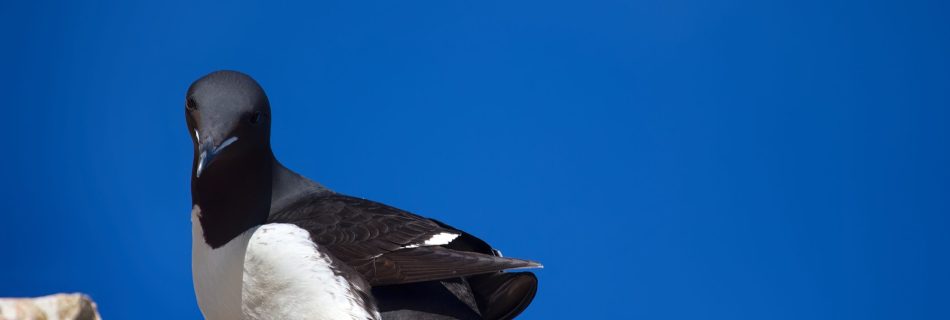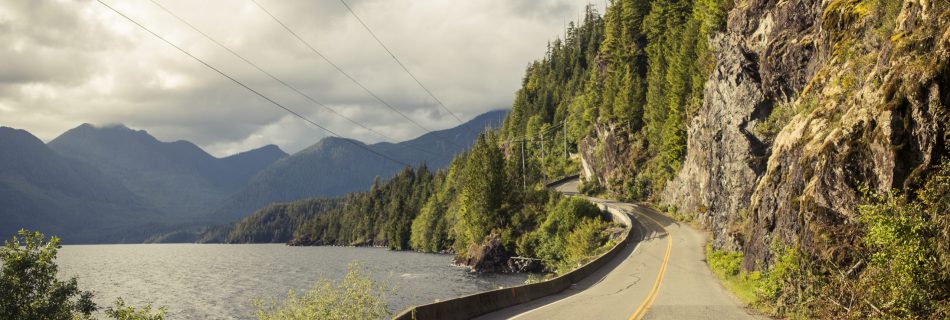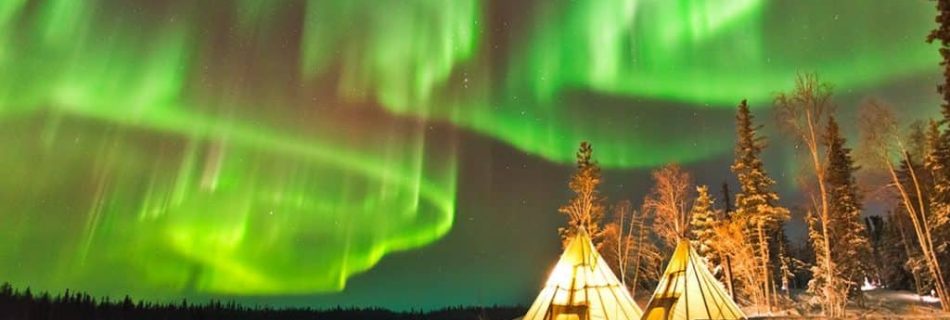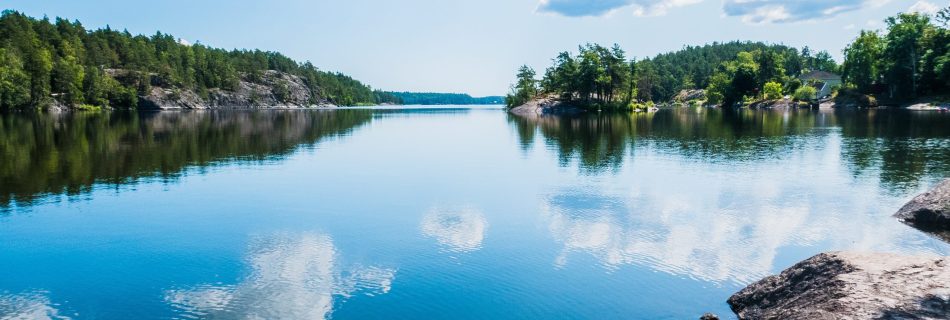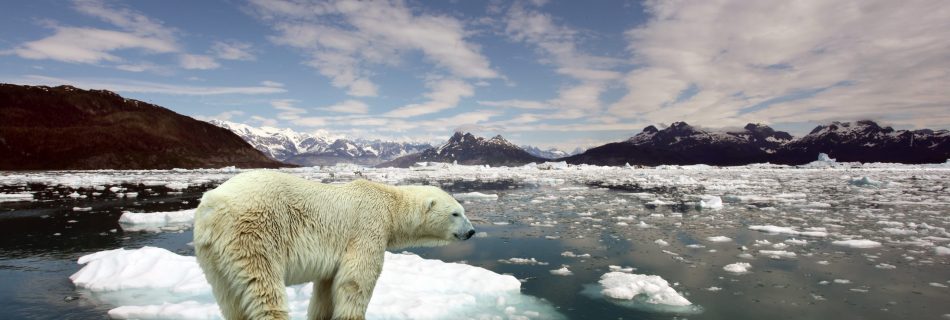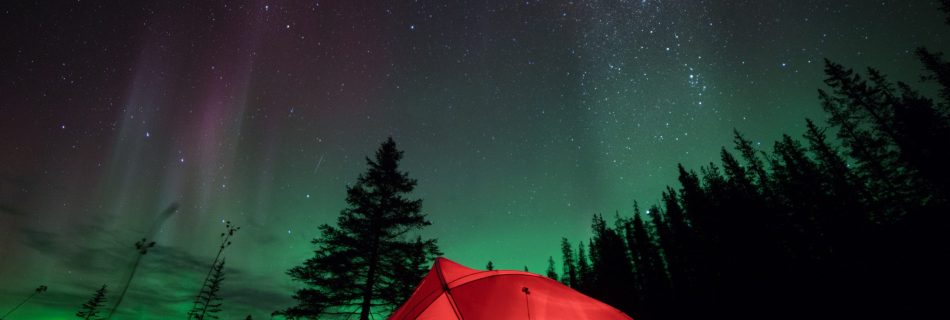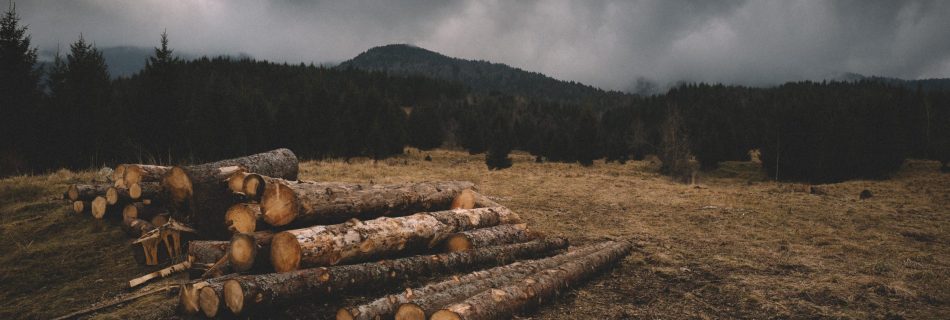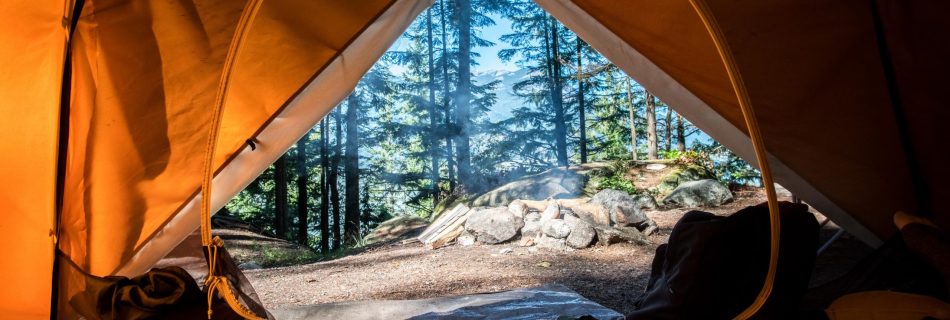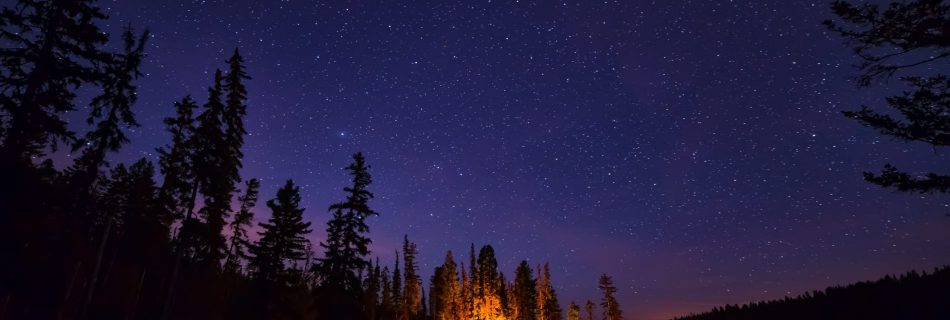Arctic Seabirds Are Overheating: New Study Finds Cold-Adapted Species More Vulnerable To Climate Change
A new study published in the Journal of Experimental Biology has found that most Arctic Seabirds have a very low tolerance for the temperatures that a warming climate will bring. Researchers at McGill University launched the study after reports of Arctic Seabird species dying in their nests on warmer, sunny days. The study observed and …
